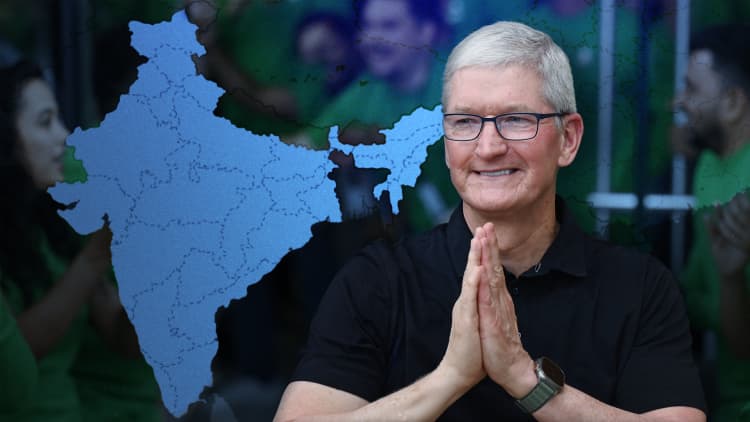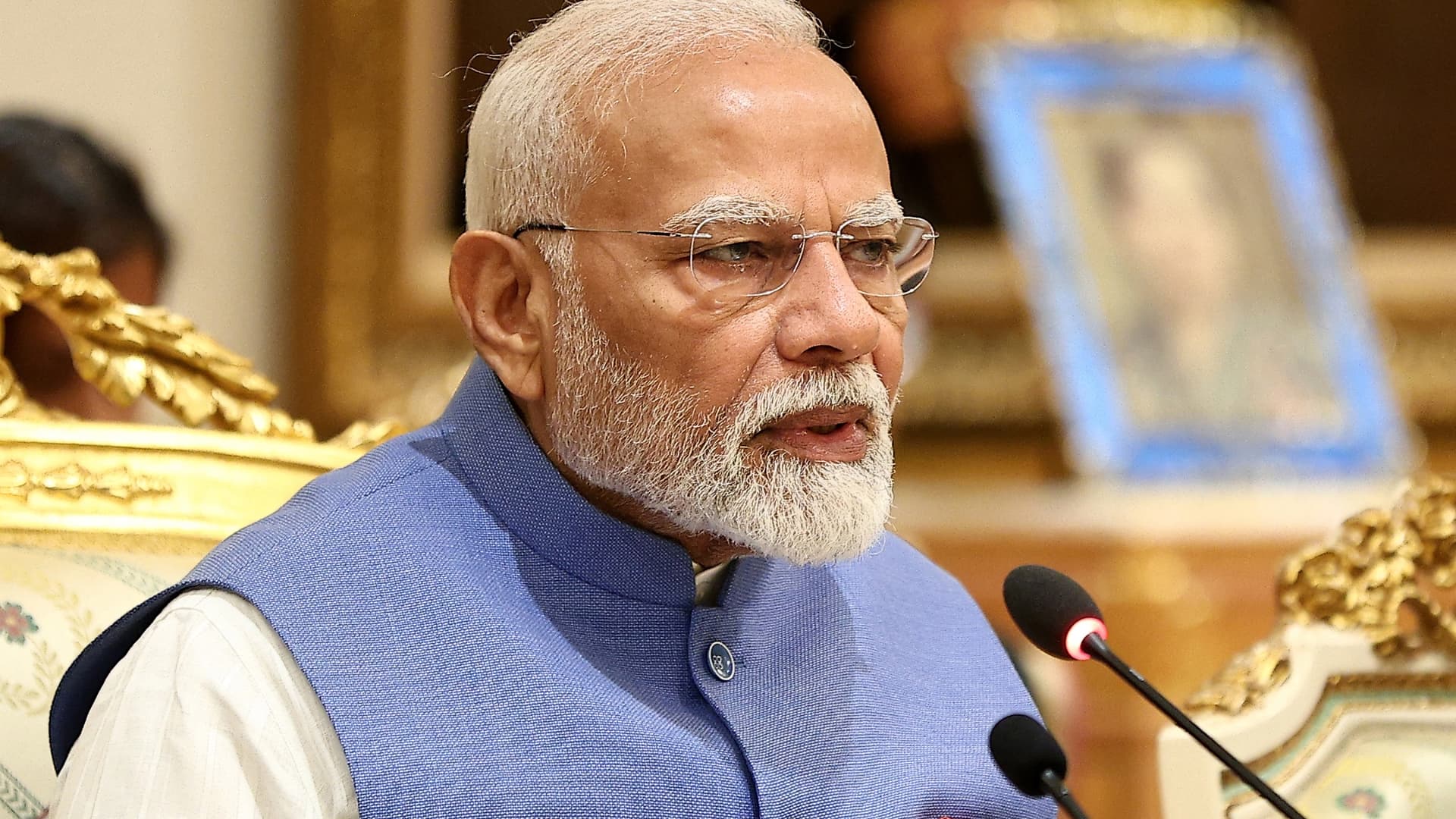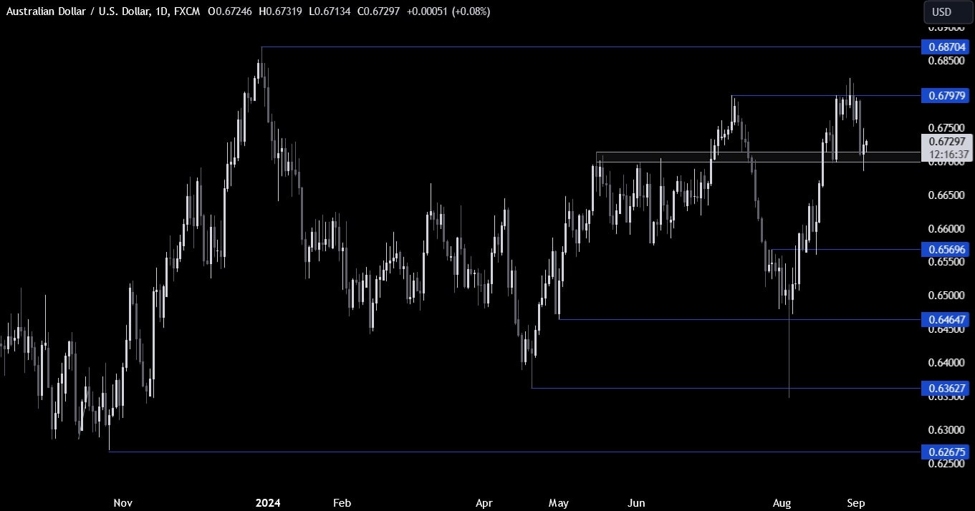India’s Prime Minister Narendra Modi speaks prior to a meeting with Brunei Sultan Hassanal Bolkiah at Istana Nurul Iman in Bandar Seri Begawan on September 4, 2024.
Dean Kassim | Afp | Getty Images
SINGAPORE — India and Singapore on Thursday signed memorandums of understanding for cooperation on a number of key areas including semiconductors, digital technologies, skill development and health care.
The announcement comes during Indian Prime Minister Narendra Modi’s two-day visit to the Lion City, which began Wednesday following a trip to Brunei.
“Singapore and India have built strong foundations for an enduring partnership. The next phase of the Singapore-India partnership is very promising,” Singapore Deputy Prime Minister Heng Swee Keat said at the Singapore-India Forum organized by the Singapore-India Partnership Foundation, Institute of South Asian Studies and the Singapore Business Federation.
“Singapore, India and the rest of Asia must continue to strengthen on economic connectivity and integration, to allow for capital, ideas and talent to find their optimal uses,” he said.
Although South Asia continues to be the world’s fastest-growing region — and India the world’s fastest-growing major economy — the region is still playing catch up in terms of GDP per capita.
India’s GDP per capita currently stands at $2,730, significantly lower than that of the U.S. ($85,370), China ($13,140), Germany ($54,290) and Japan ($33,140), data from the International Monetary Fund showed. Those four economies are also the same ones the South Asian nation is currently trailing behind in terms of overall GDP.
“Singapore is not just a partner, it is an inspiration for every developing country. We want to create a bunch of Singapores in India,” Modi said in a meeting with Wong.
On Wednesday, Modi and Singapore’s Prime Minister Lawrence Wong visited Singaporean semiconductor and electronics company AEM, signaling their intent to increase cooperation in chips.
Increased collaboration can also help both nations overcome “common challenges” such as climate change, aging populations and public health, Heng highlighted.
Modi’s entourage also included Minister of External Affairs S. Jaishankar, National Security Advisor Ajit Doval along with other government officials.
In a post on X, Modi called Wong a friend and said, “We both agreed on the need to boost trade relations.”

The country is India’s sixth largest trading partner, with 3.2% share of India’s overall trade. Imports from Singapore in financial year 2024 amounted to $21.2 billion, while exports totaled $14.4 billion.
Asia’s biggest financial hub is also the largest source of foreign direct investments into India. Cumulative FDI inflows from Singapore to India stood at almost $160 billion from April 2000 to March 2024, amounting to almost a quarter of total FDI inflows to the South Asian nation.
Lessons from Singapore’s playbook
Political watchers told CNBC before Modi’s visit that there are many lessons India can learn from Singapore as it aspires to transform into a global design and manufacturing hub.
“It’s not lost on the Indians that the Chinese have emerged, in part because of significant utilities that they got from Singapore in the 1980s to 1990s, and perhaps even to this day,” Anit Mukherjee, a senior lecturer at King’s College London, told CNBC.
Singapore has long been lauded for its state-of-the-art manufacturing facilities, attracting global tech and pharmaceutical giants.
The city-state accounts for 10% of chips produced worldwide and around 20% of global semiconductor manufacturing equipment production, according to Singapore’s Economic Development Board.

Apple said in April that it will invest over $250 million to expand its Ang Mo Kio campus in Singapore, with CEO Tim Cook saying the country is “truly a one-of-a-kind place.” A month later, global biopharmaceutical firm AstraZeneca announced plans to build a $1.5 billion manufacturing facility in the city.
India’s manufacturing industry has also made significant strides in the past few years, with Apple supplier Foxconn committing to ramping up investments in the country, while Micron Technology is set to create its first India-made semiconductor chip by early 2025.
However, the world’s fifth-largest economy still has a long way go.
“When you are deploying billions of dollars to promote a domestic industry, there are a lot of nuts and bolts that need to be sorted out. So this is absolutely the time for India to learn from Singapore’s successful playbook,” said Samir Kapadia, CEO of India Index and managing principal at Vogel Group.
In the last seven years, Singapore has opened skill development centers in various Indian states, such as New Delhi and the north-eastern city of Guwahati.
“This is not just about incentivizing investments for the semiconductor industry, but learning how to govern massive industrial planning and incentive initiatives,” Kapadia added.
— CNBC’s Vinay Dwivedi contributed to this report.














